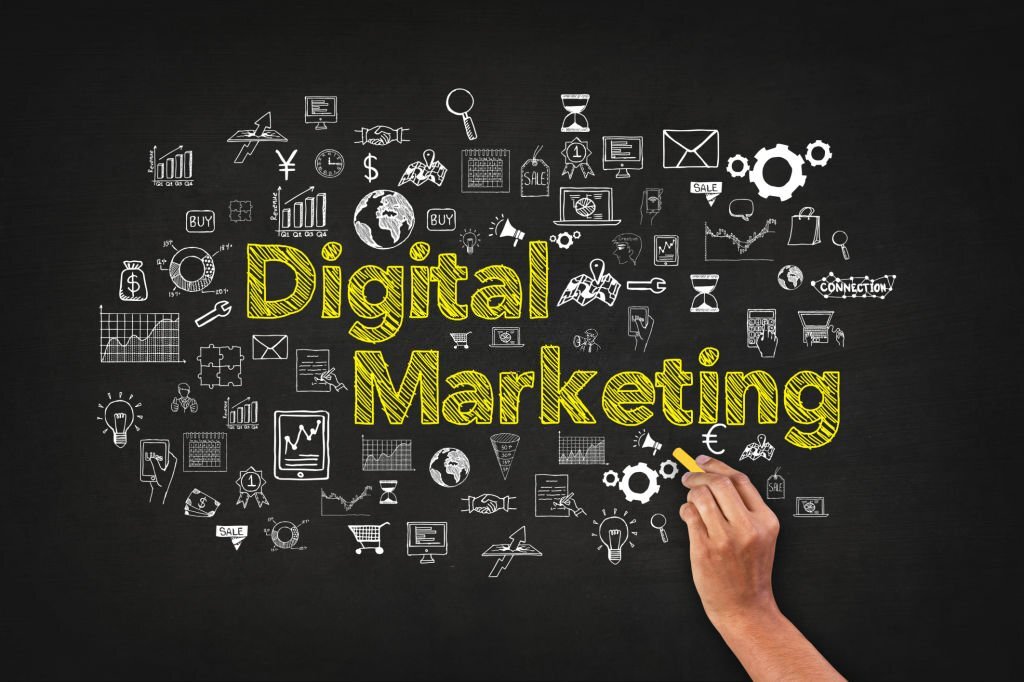Not all startups are successful. The reasons could be a combination of – business planning, revenue model, leadership team, target segments, product, and most often execution. I have seen startups that had almost all the elements needed to transition into a sustainable, high-growth business, but lacked guidance and experienced leadership team. Building a startup is difficult but converting it into a high-growth business is even more challenging, and often requires a different skill set than that was required in the early days of a startup.
So what are those ingredients for that secret sauce of building a startup, successfully?
Having right business mentors and startup consultants are critical success factors for a startup to be successful. According to the first research report of Startup Genome Project in 2011, it was found that founders who learn are more successful. Startups that have helpful mentors, track metrics effectively, and learn from startup thought leaders, raise 7x more money and have 3.5x better user growth.
Bill Joy, Founder of Sun Microsystems once said, “No matter who you are, most of the smartest people don’t work for you”. So it is best to avail professionals / mentors to support your growth mission; and in building a successful and sustainable high-growth business. You can avail mentor support across functions like marketing, sales, accounting, human resources, operational excellence, training, etc.
To ensure sustainable growth you need to have:
Right business model that acquires customers
Leadership with ideology, beyond just passion and vision
Ability to seize opportunities
Creating a high impact, marketing and sales engine
Retention strategies
Have the right business model that aligns with customer acquisition. Do not build products / services that just excite only you and not your customers.Focus on long-term AND short-term goals and activities. Most often, companies tend to forgo short term profits thinking of reaping those profits in long term, but practically they are only digging themselves deeper.
Your ideology has to reflect upon your culture and beliefs. Like how Walmart’s ideology is focused on customers, Hewlett Packard – its employees, 3M – its innovation, Ford – its products, your activities and outcomes need to be consistent with your ideology.
Most often when you start to scale, you might stumble upon some great opportunities. Do not leave them since they are not products or services that you are currently pursuing. As long it fits the core of your ideology and purpose, do give it a try. 3M came out with Post-it product just by accident; Johnson & Johnson accidentally introduced baby powder which then climbs up drastically to have over 40% of their revenue share; Marriot Corporation got into the airport services business by accident and that became a roaring success. All these were once a small startup which later became large corporations. These successes are not attributed to great business or strategic planning, but show their abilities to seize opportunities. Explore options, pick what works for you and discard those that don’t work.
Most startups fail to scale due to lack of customers. There may be initial success but if you rest on your laurels you will get run-over. Set an effective, high impact marketing and sales engine. In my numerous meetings with CEOs and entrepreneurs, marketing and sales have been predominantly mixed up. Both are like chalk and cheese, so you need to have dedicated professionals for marketing (especially digital marketing) and sales functions.
Building revenues is paramount, a non-negotiable factor and laser focus on sales is very critical while you are scaling up. Hire ‘smart’ sales persons, and keep them on optimum heat so that they fire in the right areas. Fuel their passion and increase your revenue visibility.
Do not stop with lip service on customer satisfaction; honestly walk that extra mile to ensure that you stay on top of your customer’s mind, always. Incorporate customer feedback into your system and ensure that it is acted upon at the earliest. It is difficult to win customers, and if you lose them it takes more than 7x efforts to win another; not to mention, that their potential could be far lesser than what you had lost.
Your employees should be taught not to just please their bosses, but to ensure that their customers are taken care of. Make them treat customers like their CEO and success will look easy.
Your employees should be taught not to just please their bosses, but to ensure that their customers are taken care of. Make them treat customers like their CEO and success will look easy.
Beyond startup phase, while you are scaling up, it might be easier to afford more salaries to recruit key resources. While you might be able to attract talent, it is important that you have strong retention policies. Have small celebrations, cheer songs and team meetings to share corporate values and beliefs, from time to time.
Be tolerant for honest mistakes. We all know that while a startup is beginning to scale there are bound to be mistakes. Just make sure that the same does not crop up in future. Even large organizations do make mistakes. Allow them to experiment and bring out their best, as long as it does not become a corporate failure.
Finally, it is all about consistency; consistency in winning deals, consistency in getting customer appreciations, consistency in building robust products or solutions, consistency in delivering high quality services and consistency in collecting payments on-time that separates winners from those who also-ran!
Startup Xperts is a business growth and consulting firm with an objective to transform CEO’s vision into achievable, actionable goals that deliver results. Our mission is to help companies to steeply accelerate their revenue growth, profitably. Be it family run business, small or medium enterprise or a boutique firm, Startup Xperts have all the right answers to step up their growth. Startup Xperts help clients in a range of service areas including business consulting, strategic consulting, sales and marketing consulting, digital marketing, Sales Process Outsourcing (SPO), HR, Operations and leadership training, sales training, business mentoring and executive coaching.
To know more about Startup Xperts, visit us at www.startupxperts.com or write to us at info@startupxperts.com
Author Shyam Sekar acts as a Chief Mentor and Strategist at Startup Xperts and provides business consulting and execution support to numerous startups and SMEs, helping them build their enterprises successfully.
The views expressed in this article are that of the author’s and Startup Xperts is not responsible for this content. In case of any objection in content, IP violations, incorrect or inappropriate information, please inform us at ceo@startupxperts.com. We will do our best to act on it at the earliest



